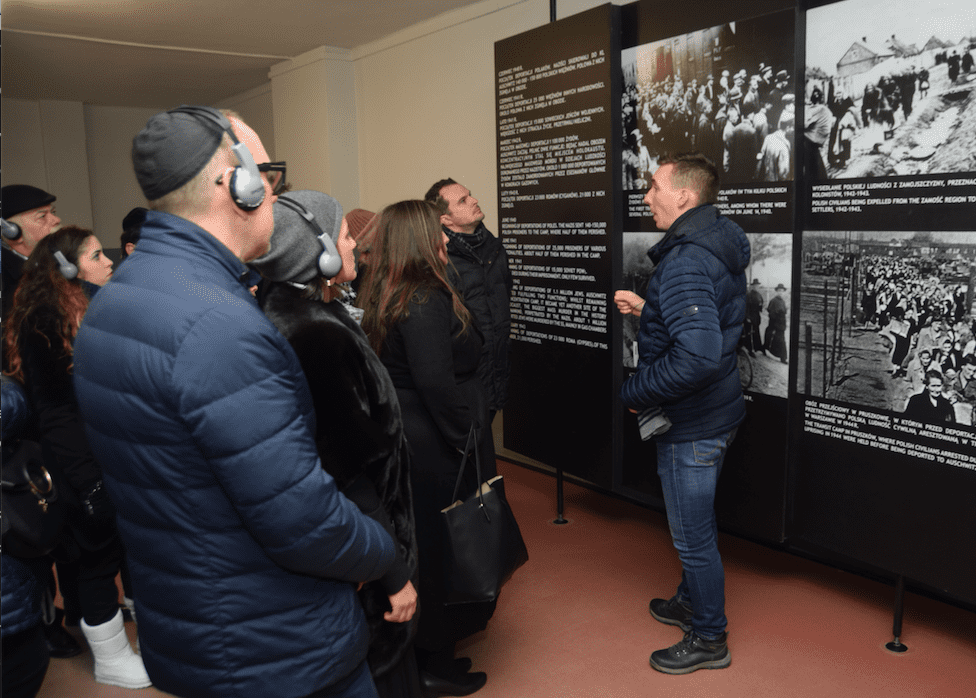The Hellenic Council of State, the top administrative court in Greece, ruled to
ban kosher and halal slaughter on Tuesday, according to the Panhellenic Animal Welfare and Environmental Federation.
The federation had requested from the court that it annul a ministerial decision that exempted religious slaughter from a Greek law requiring animals killed in slaughterhouses to be anesthetized first.
The Council of State ruled that the ministerial decision violated the Greek law requiring anesthesia and did not set a proper balance between the welfare of animals and the religious freedom of Jews and Muslims. The court ruled that the government should regulate the issue of slaughter in a way that ensures both the protection of the animals and the religious freedom of Jews and Muslims.
European Jewish Association (EJA) chairman Rabbi Menachem Margolin expressed outrage at the decision on Wednesday, saying that “Jewish freedom of religion is under direct attack across Europe from the very institutions that have vowed to protect our communities.”
According to the EJA, the ruling came following one by the Court of Justice of the European Union last December that allowed EU nations to ban kosher slaughter in order to promote animal welfare without infringing on the rights of religious groups.
The December ruling encourages member states to find balances between the issues of animal welfare and religious freedom. The EJA stated that “it is now clear” that a number of EU member states are “zealously” implementing bans, while ignoring the issue of religious freedom.
“As early as last December we warned about the dangerous consequences of the European Court of Justice ruling, and now we are seeing the result,” Margolin said. “It started in Belgium, moved to
Poland and Cyprus and it is now Greece’s turn. These direct attacks come from many of those governments and institutions that have vowed to defend their Jewish communities.”
“What we are witnessing is first-rate hypocrisy,” he said. “When it comes to antisemitism, governments and institutions rightly stand behind us. But when our beliefs and customs are attacked right and left by laws, they are nowhere to be seen.”
The EJA leader stated that the organization would work immediately to demand answers from the highest levels of the Greek government, adding: “How can Jews live in Europe if you continue to legislate against us?”















